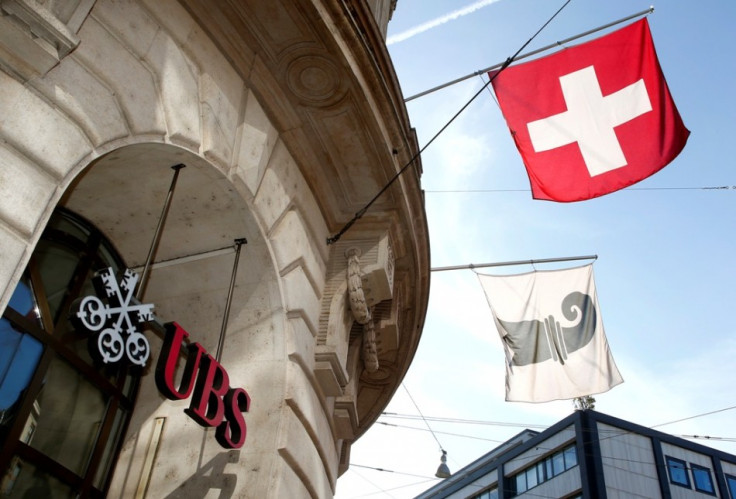Italian Court Rejects House Arrest Bid by Ex-UBS Chief Raoul Weil

Former UBS global wealth management chief Raoul Weil, who was arrested in Italy for allegedly helping wealthy Americans evade taxes in the US, must remain in Bologna's Dozza prison after a judge rejected his appeal for house arrest.
At a private hearing on 15 November, Weil's lawyers requested the Bologna court to place Weil under house arrest with electronic tagging, reported Reuters.
The judge rejected the appeal fearing the banker could flee the country.
The journey to Weil's native Switzerland, from Bologna, takes about three hours by road. Electronic tagging is not a common practice in Italy.
If Weil were to cross the border to Switzerland we would escape US authorities because extradition would only happen from there with his agreement.
Weil could be handed over to US authorities, who have not yet tabled a formal request for his extradition. The US must submit such a request by early December.
Weil could end up spending weeks or months at the overcrowded Bologna jail given that the Italian courts will need time to examine any request for extradition.
Chances of him being extradited to the US are high as Italy has a history of cooperating with the US.
Tax Evasion
Weil was arrested in Bologna in October after he checked into a hotel and his name appeared on a police list of outstanding international warrants.
The US alleges that Weil helped 17,000 American clients, with $20bn (£12.4bn, €14.8bn) in assets, to evade taxes in the US between 2002 and 2007.
After Weil was indicted in the US in 2008 for the allegations, he continued working in Switzerland for seven years. He was most recently promoted to chief executive of Reuss Private Group this year, after joining the firm in 2010 as a consultant.
Reuss Private Group has 4bn Swiss francs worth of assets under management and describes itself as a "leading alliance of specialist providers offering a comprehensive range of products and services for professional asset managers, family offices and sophisticated private investors".
UBS admitted to aiding tax evasion and paid a $780m penalty in 2009 after which the bank handed over data on 250 accounts held by US citizens and later disclosed information on another 4,450.
© Copyright IBTimes 2025. All rights reserved.






















